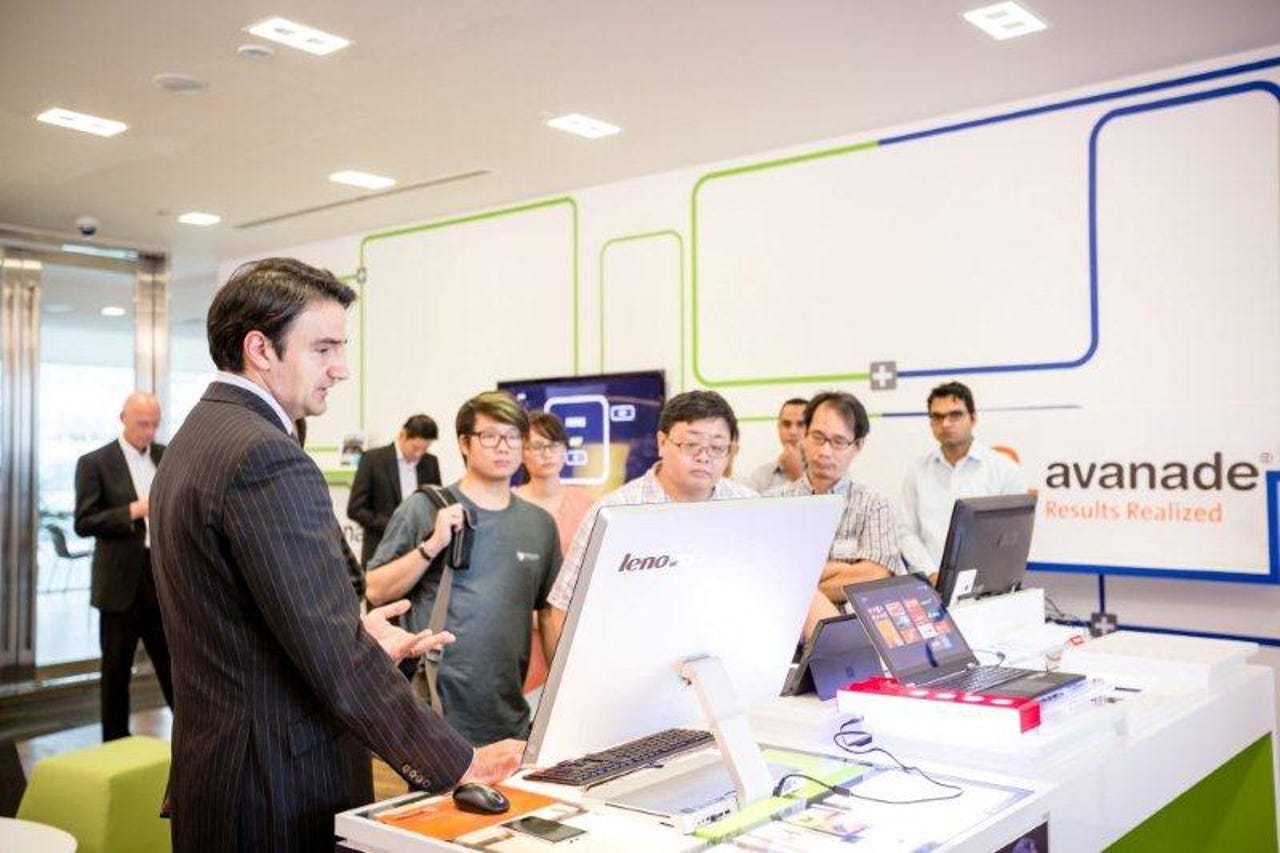How Avanade institutionalizes innovation


Small-scale weekly hackathons. A $25,000 annual innovation contest. Day-long strategy sessions that expose customers to groundbreaking mobile and digital work from other industries. Those are just three ways Seattle-based technology integrator Avanade is quenching the thirst for fresh ideas among its client base.
Behind that recipe is Chief Technology Innovation Officer Florin Rotar, named to his post officially two years ago after driving technical strategy in the 21,000-plus-person company's Helsinki and London offices.
Featured
"The reason our CEO established this role is simple," he said. "We believe that 60 percent of our customers are actively using technology to disrupt their industry, and the rest are looking to deal with that disruption."
Originally founded as a joint venture between Microsoft and Accenture, Avanade is now majority-owned by the latter but its services are still centered predominantly on Microsoft technologies. About one-third of its customers in the past year came from the Fortune 500 world; it drives more than $1 billion in annual revenue.
There's plenty of talk about the changes that mobile technologies, cloud computing services, analytics and social media are forcing across pretty much every industry. Avanade seeks to differentiate by helping its clients develop relevant proof-of-concept projects, prototypes and pilots more quickly.
"One of the philosophies that I have and that we have as a company is to be pragmatic and not talk so much, but actually to show what's possible," he said.
That mindset is behind Avanade's "innovation days," structured sessions in which consultants expose customers to technologies and ideas from other sectors in order to challenge accepted ways of doing things.
Rotar cites the idea of customer loyalty programs. This concept is used by companies in both the airline and retail sectors but structured very differently: with airlines focusing more attention on customers who spend the most, and retailers centering marketing activities on prospects they want to buy more. That's the way it's been, but it won't necessarily be true in the future.
"Healthcare is interested in retail. Retail is interested in banking," Rotar said. "Banks are interested in retail because they are further along in multichannel [strategy]. We're trying to show people the art of the possible."
Alongside these frequent strategy sessions, Avanada hosts regular "customer-centric" hackathons in its 70 locations worldwide. It runs a bigger contest annually across its entire employee base (there's a $25,000 prize for the winning team), picking a focus that inspires creativity but that could be useful for Avanade clients. Indeed, participating teams that make it to the finals are coached by members of the company's customer advisory council. This year's theme focused on collaboration in the digital workplace.
"We're trying to make this not a separate thing for the business but something that's embedded in the way that we do business every day," Rotar said. "It helps us deepen the customer relationships that we have."
AR + VR
An example of how customers can benefit from Avanade's innovation approach is Delta Air Lines' development of a mobile customer service app that the airline started rolling out to its 20,000 flight attendants on Nokia Lumia 1520 devices in early October. The rollout is scheduled for completion by mid-December, said Robyn Klein, managing director of Onboard Services for Delta Air. It replaces the existing paper manual.
"We are planning for this device to allow Delta flight attendants to deliver a more personalized level of customer service," Klein said. "It will eventually enable Delta flight attendants to take customer meal orders, receive detailed information about specific customer flights, and retrieve information including customers' frequent flyer status and potential need for special services."
The application at the center of this solution, which includes real-time credit-card processing, was originally born in Avanade's retail practice but the integrator believed it would be useful for the Delta solution.
Darrel Haskin, director of information technology for Delta Air Lines, said the complex nature of this project — which required both new hardware and new software — inspired his team to consider proposals differently. They asked all the vendors vying for the business to pitch "turnkey solutions" in collaboration with all the partners participating in the process.
"Microsoft brought in a consortium involving AT&T, Nokia, Avanade, Any-Where commerce and the Windows mobile platform to the table," Haskin said. "We worked with all of these partners as one team. Each of them bringing part of the solution to solve our problem. The central figure in that solution was the point-of-sale application developed by Avanade on the Windows Phone 8 platform."